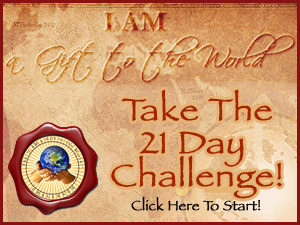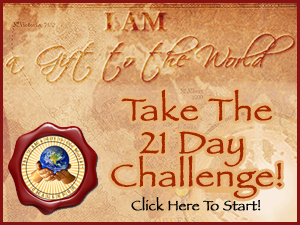How Are Angry Management Techniques Related to Signs of Depression – Part Two
I know last time I talked about anger and about it being neither good nor bad. It is just energy! What we do with it, is what’s important.
It often feels like our anger controls us and we feel like there is a dark heavy cloud above us, where ever we go and whatever we do.
So how are Anger Management techniques related to depression? I know that when we’re depressed, we often have a lot of anger that we either dole out on everyone else or we just internalize and beat ourselves up.
So I want to talk about recognizing anger because often times we are not even aware of our anger. I want to talk about anger cues today and anger triggers.
Anger cues are the things in our body that let us know that we’re angry. Now we all can see anger in someone else, especially when they’re very angry. Their face is red, their hands are in a fist, they’re stiff and rigid, and their voice is may be louder.
But what I want you to understand is the more subtler cues. And often times we need to learn those cues after the fact ,after we expressed our anger in a way we regretted. And that’s okay, that’s the way we all learn.
But it’s important to notice when you’re angry and then identify the cues that you’re feeling in your body and then try to go back to when the more subtler cues — a more subtler cue could be a tinge or a twinge in your heart or your gut or something. It’s a little different for everyone else.
So an example of this is with I was working with a man who had some real anger issues. And so I tried to help him identify his anger for him. He noticed that he would start sucking his tongue in his mouth, and right before he did that he would punch a wall or punch a door, something like that. And so he learned to catch his anger sooner by noticing he was sucking his tongue and was able to stop himself from expressing his anger physically. He was more constructive with his anger and so then he could stop that destructive behavior.
For you, what I would ask for you to do now, is:
1.To just notice the anger event after the fact.
2.Review what got you so angry, what were you feeling before you expressed your anger? what led up to that, what were the more subtler cues?
Often times people will say, well I just fly off the handle for no reason. And then I would say, that there was probably a lot of little angers/resentments that you ignored and then it all blew up. And what I want you to catch is the littler and littler angers ones. This could take some months to do, but this is so vital to understand your relationship between your body and your mind and your emotions. So that’s a huge piece.
The second piece is the triggers. The things that are your buttons that trigger your anger, that you get angry at. As an example, when anyone gets threatened, we get angry. It’s an automatic defense mechanism. We either fight or flight. That’s normal. But there’s a lot of stuff — triggers that people do and say that have nothing to do with what’s actually happening. It’s more related to old stuff.
These old triggers that happen that we need to deactivate. And sometimes counseling can help us identify that. I’m not going to talk anymore about that right now.
But the other piece I want to talk about are the triggers that perpetuates the anger inside of us. And we do that by saying, “I can’t believe you said that!”,” I can’t believe she did that!”,” Who do they think they are!” And if you notice that kind of thinking, you’re just adding fuel to the fire. So what I ask and suggest you do is to not do that. To stop that. To say,” No, I’m not going to continue this anger.” And just focus on something else.
I’m going to stop here today, and next time I’ll be talking about calming down techniques. So have a good day. Learn to relax. Take deep breaths and learn to make friends with your anger so you are in control of it, and it not be in control of you.
A good way to distract your self fom your anger is to do something nice for someone. Do sign up for ” I am a gift to the World” 21 day challenge. As you remember the important people in your life, you end up feeling better about yourself.
I’m going to stop here today. Next time I’ll be talking about calming down techniques. So have a good day. Practice relaxing – Take deep breaths and learn to make friends with your anger so you are in control of it, and it not be in control of you.
For Your Highest Good,
Laura Meehan
Founder and Liberator of Allowyourlighttoshine.com
Ambassador of Cure for Boredom on Howtoliveonpurpose.com



